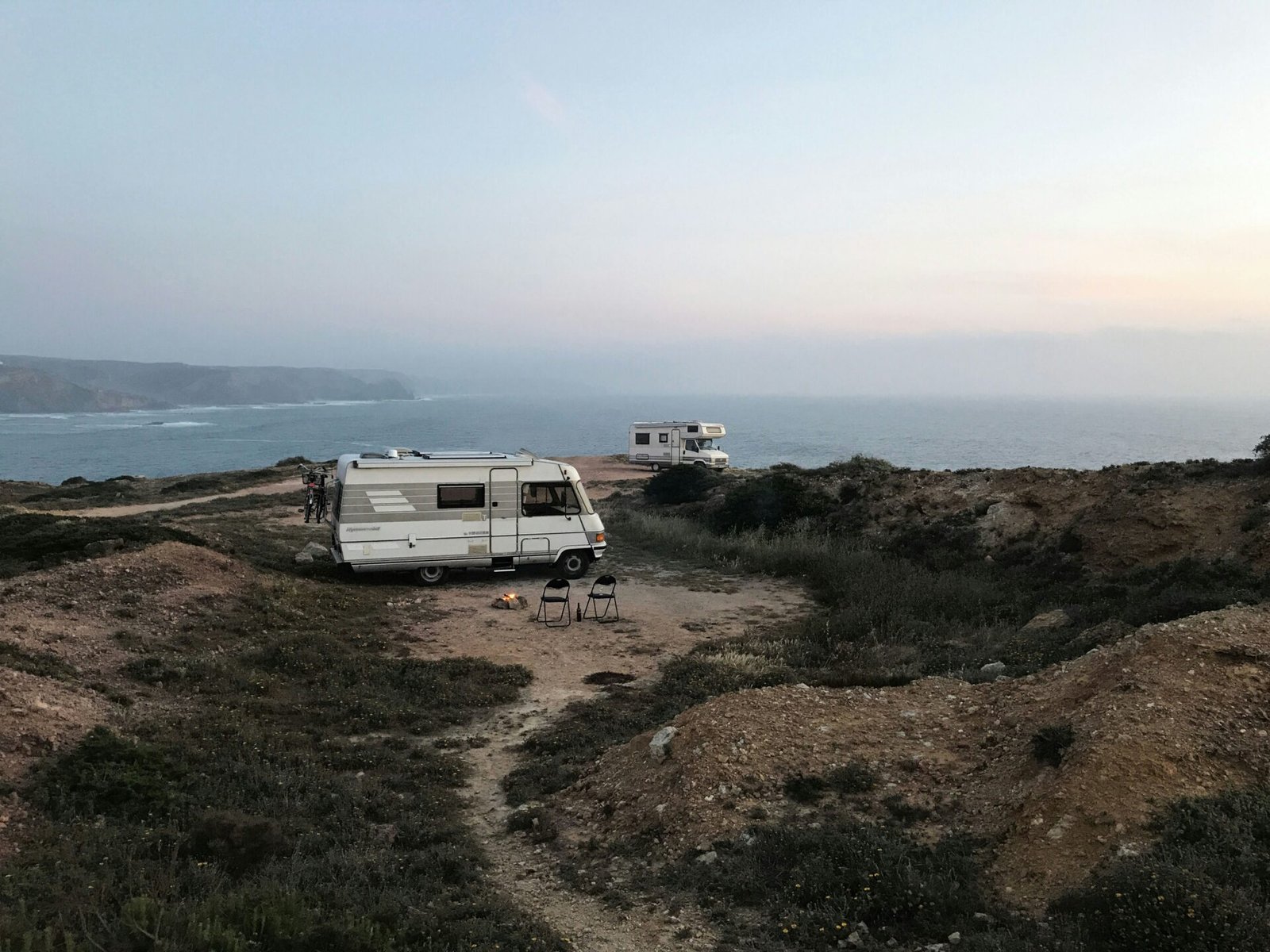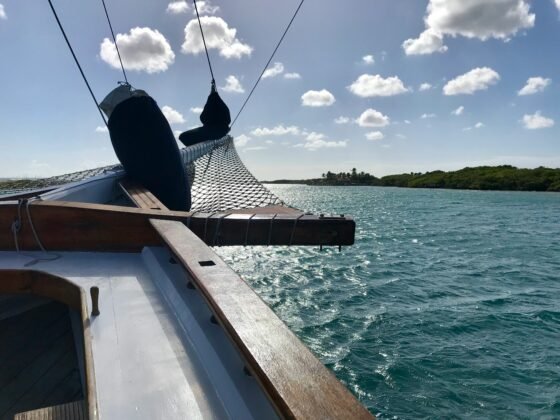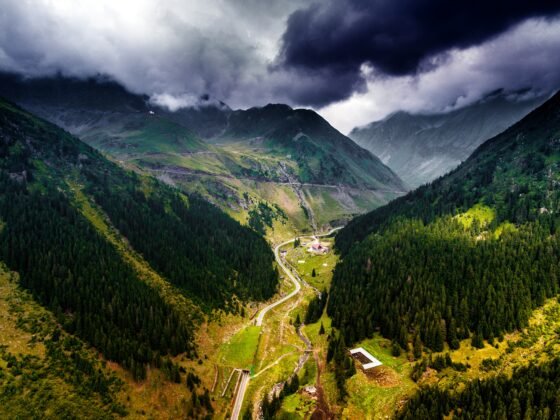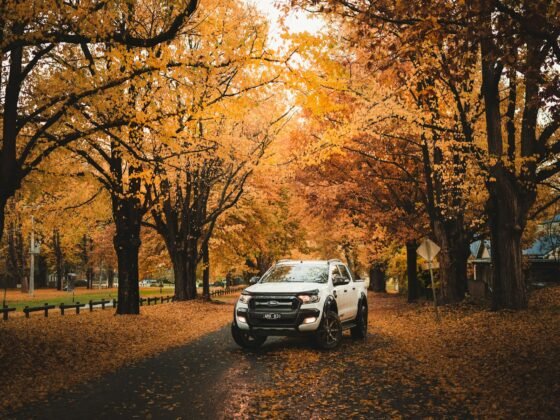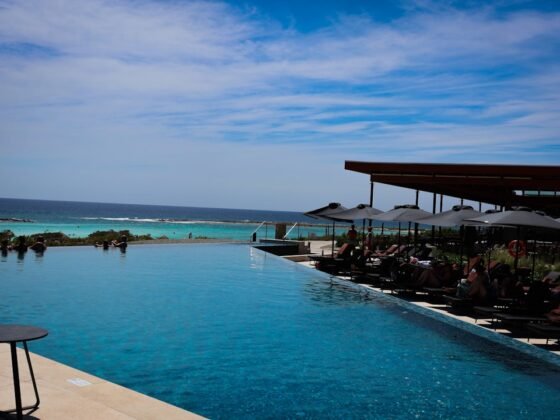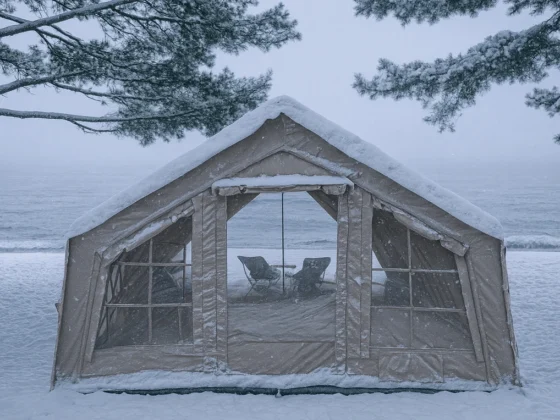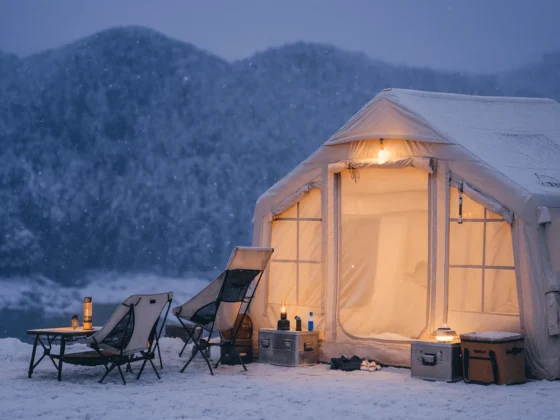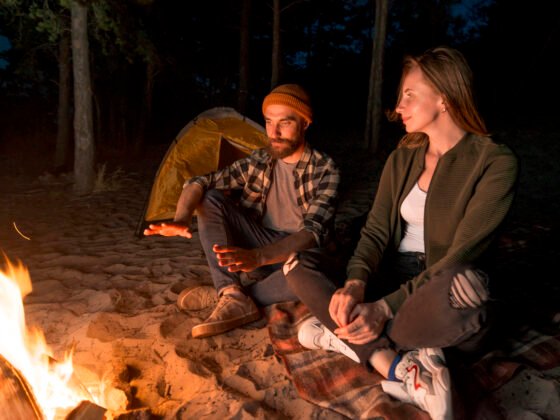The allure of having your own seaside sanctuary—somewhere to unwind whenever the stresses of modern life become too much—resonates with families across the UK. Whilst coastal properties remain financially out of reach for most, holiday caravans offer an accessible pathway to that dream. Lincolnshire’s stunning coastline, charming market towns, and welcoming holiday parks make it an increasingly popular destination for caravan ownership. However, making a smart purchase requires understanding the market, knowing what to look for, and asking the right questions before you commit.
The Appeal of Lincolnshire for Holiday Caravan Owners
Lincolnshire combines traditional British seaside charm with diverse attractions that maintain their appeal season after season. The coastline offers everything from the lively entertainment of Skegness to the quieter shores of Chapel St Leonards and Sutton-on-Sea. Beyond the beaches, the Lincolnshire Wolds provide beautiful countryside perfect for cycling and walking, whilst historic Lincoln city offers culture, shopping, and heritage attractions.
The county’s geographical position makes it remarkably accessible from major population centres. Families from Yorkshire, Nottinghamshire, Leicestershire, and across the Midlands can reach Lincolnshire’s coast within two hours, making spontaneous weekend escapes genuinely practical rather than requiring elaborate advance planning. This convenience dramatically increases how often you’ll actually use your caravan—turning ownership from an occasional treat into a regular source of family joy.
Understanding the True Cost of Ownership
Purchase Price Considerations
When browsing caravans for sale in Lincolnshire, you’ll encounter substantial price variation based on age, size, condition, and specification. New luxury models can exceed £70,000, whilst well-maintained pre-owned caravans might start around £12,000-£15,000.
New caravans offer contemporary styling, modern safety features, manufacturer warranties, and the satisfaction of being the first owner. However, they depreciate significantly during the first few years—similar to new cars losing value the moment they leave the forecourt. Pre-owned caravans provide better value for money, with much of the initial depreciation already absorbed by previous owners, though careful inspection for potential issues becomes essential.
Annual Running Expenses
Beyond the purchase price, ownership involves ongoing costs that significantly impact affordability. Annual pitch fees typically range from £2,000 to £5,000 depending on the park’s location, facilities, and reputation. These fees usually cover your pitch, water supply, drainage, refuse collection, and access to park amenities such as swimming pools, play areas, and entertainment venues.
Additional expenses include insurance (approximately £200-£400 annually), gas and electricity consumption beyond included allowances, maintenance and repairs, and periodic safety inspections of gas appliances. Budget realistically for these recurring costs—ownership loses its appeal quickly if financial pressures create stress rather than relief.
Choosing the Right Caravan for Your Needs
Size and Layout Decisions
Caravans range from compact one-bedroom models (around 28-30 feet long) to spacious three-bedroom family homes (40 feet or more). Consider who’ll use the caravan regularly and how your needs might evolve. Young families need adequate sleeping space and living areas that remain comfortable when weather forces everyone indoors. Couples or empty-nesters might prioritise quality finishes and outdoor decking over additional bedrooms.
Layout impacts daily comfort enormously. Open-plan designs create spacious feelings even in smaller footprints, ideal for families who gather together. Traditional layouts with separate living and dining spaces suit those who prefer defined areas. Consider practical elements—adequate storage for clothes, games, and outdoor equipment; functional kitchens with reasonable worktop space; comfortable seating arrangements that work for both relaxation and dining.
Features and Specifications
Modern caravans offer impressive specifications—double glazing, central heating, full-size appliances, premium upholstery, and entertainment systems. Prioritise features matching your usage patterns. If you’ll visit primarily during warmer months, advanced heating matters less than outdoor features like decking, awnings, and patio furniture. For year-round or shoulder-season use, quality insulation and efficient heating become essential investments in comfort.
Don’t overlook practical specifications. Check bed sizes—some smaller caravans compromise on mattress dimensions. Evaluate bathroom facilities—full-size showers beat cramped cubicles. Consider kitchen functionality—does it have adequate refrigeration, cooking capacity, and preparation space for your typical meal requirements?
Assessing Pre-Owned Caravans
When considering pre-owned models, thorough inspection proves crucial. Damp represents the most serious and costly issue—check meticulously around windows, doors, floor perimeters, and beneath fitted furniture. Telltale signs include musty odours, discoloured or bubbling wallpaper, soft spots in flooring, and visible mould.
Examine exterior condition carefully. Look for cracks, damaged panels, deteriorating seals around windows and doors, and signs of poor repairs. Check all appliances function properly and gas equipment has current safety certification. If you lack confidence assessing condition yourself, consider hiring specialist caravan surveyors who can identify potential problems before you commit financially.
Selecting Your Holiday Park
Location and Amenities
Choose parks offering environments and facilities matching your priorities and interests. Families with young children often prefer parks with organised entertainment, kids’ clubs, swimming pools, and play areas. Those seeking peaceful retreats might favour quieter, smaller parks emphasising natural surroundings over organised activities.
Consider proximity to local attractions you’ll want to visit repeatedly—beaches, nature reserves, market towns, heritage sites. Parks isolated from varied activities can feel limiting after initial novelty fades, whilst those positioned near diverse attractions maintain their appeal across many seasons.
Park Management and Reputation
Visit prospective parks personally before making decisions. Assess facility quality, cleanliness standards, and overall atmosphere. Speak with existing owners honestly about their experiences—are they satisfied with park management? How responsive are staff to maintenance issues? Have pitch fees increased reasonably or dramatically?
Research the park’s ownership and stability. Established parks with reputable, stable management generally provide better long-term value than those with frequent ownership changes or uncertain futures. Check online reviews, but remember that disgruntled owners are often more motivated to post than satisfied ones.
Rules and Restrictions
Review park regulations carefully before committing. Most holiday parks restrict occupancy to holiday use, operating seasonally (typically March to October/November) rather than permitting year-round residence. Some impose age limits on caravans, requiring replacement after 10-15 years regardless of condition—a costly requirement to discover after purchase.
Understand rules regarding visitors, pets, modifications to caravans, and subletting. Some parks prohibit renting your caravan to generate income, whilst others operate managed letting schemes. Ensure park rules align with your expectations and intended usage.
Financing Your Purchase
Many dealers and holiday parks offer finance packages, spreading purchase costs over several years. Compare rates carefully—specialist caravan finance often provides more competitive terms than general personal loans. Ensure monthly repayments remain comfortably affordable even if your financial circumstances change, remembering you’ll also face annual running costs.
Some buyers prefer purchasing outright to avoid interest charges and maintain complete financial flexibility. Evaluate your personal situation honestly, choosing approaches that provide security rather than creating financial strain.
FAQ: Holiday Caravan Ownership Questions
Can I use my caravan whenever I want?
Most holiday parks operate seasonally, typically opening from March to October or November. During the operating season, you can generally visit as often as you wish, though some parks specify minimum stay periods or quiet periods with restricted access. Parks close during winter months, with caravans either stored on-site or requiring removal depending on park policies.
What happens if I want to sell my caravan?
You can sell privately or through the holiday park. Parks often operate sales services, taking commission (typically 10-20%) but providing convenience and access to potential buyers already interested in that location. Some parks restrict where you can advertise or impose approval processes for buyers. Understand these terms before purchasing to avoid future complications.
Do caravans hold their value?
Caravans depreciate rather than appreciate—similar to cars. New caravans lose value most rapidly during initial years, with depreciation slowing on older models. Whilst you shouldn’t expect to profit from resale, well-maintained caravans from reputable manufacturers retain reasonable value. Quality maintenance and keeping your caravan in excellent condition minimise depreciation.
What insurance coverage do I need?
Comprehensive caravan insurance covering theft, fire, storm damage, accidental damage, and public liability is essential. Most parks require proof of adequate insurance before allowing caravans on-site. Specialist caravan insurance policies typically offer better coverage than adding caravans to home insurance. Ensure policies cover contents, modifications, and meet your park’s minimum requirements.
Can children and pets stay in our caravan?
Generally yes, though specific park rules vary. Most family-oriented parks welcome children and have extensive facilities designed for families. Pet policies differ more significantly—some parks welcome pets enthusiastically, others restrict certain breeds or sizes, and some prohibit pets entirely. Check park rules carefully if pets are important to your family.
Conclusion: Your Coastal Escape Awaits
Owning a holiday caravan in Lincolnshire offers families the freedom to create lasting memories, escape routine pressures, and enjoy coastal living without the enormous financial commitments of property ownership. By carefully evaluating purchase options, understanding total ownership costs, thoroughly assessing both caravans and parks, and ensuring rules align with your expectations, you’ll make informed decisions that deliver years of genuine enjoyment. The key is approaching purchases realistically, prioritising quality and suitability over simply finding the cheapest option, ensuring your investment becomes a cherished family retreat that enriches your lives for years to come.
Image: Unsplash, Fabian

